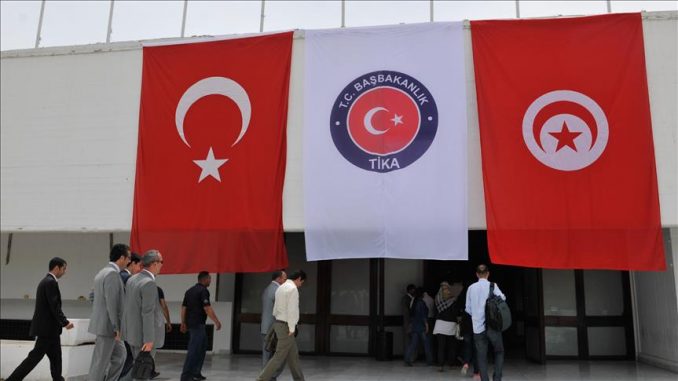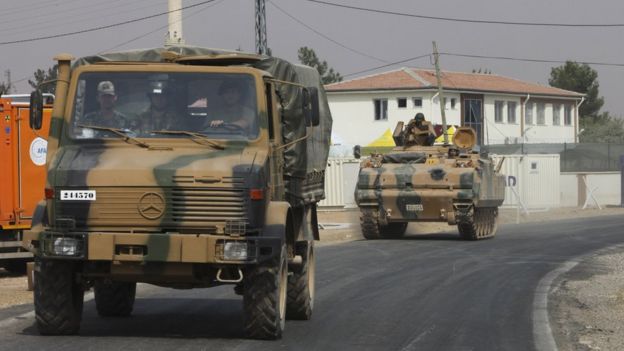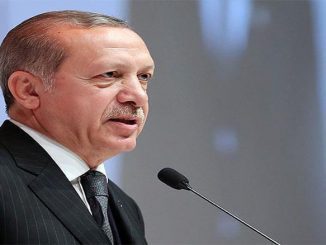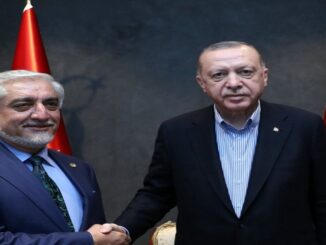
The relations between Turkey and Tunisia, the unique country that sustains the hopes for the Arab Spring, has continued to increase in the period after 2011. Turkey has provided important contributions to Tunisia’s democratization process, the solutions of socio-economic problems and stabilization of country in the post-2011 period.
– Turkish FM Mevlut Cavusoglu and Deputy Prime Minister Nurettin Canikli in Tunisia
Turkish FM Mevlut Cavusoglu and Deputy Prime Minister Nurettin Canikli are in Tunisia to attend the Nov. 29-30 International Conference on Economic Support and Investment (ICESI) and to seek new investment opportunities in Turkey.
Cavusoglu’s counterpart, Khemaies Jhinaoui, said his country is ready to welcome Turkish investors.
“I especially thank the Tunisian government and the state for their support to the Turkish companies,” Cavusoglu said at a joint news conference following a meeting with Jhinaoui.
Tunisia the biggest recipient of Turkish aid in 2015
TİKA announced Tunisia was the biggest recipient of aid, receiving $44.7 million last year, followed by Somalia.
Tunisia benefited from Turkish Cooperation and Coordination Agency (TIKA) projects worth $44.7 million last year, more than double that spent on any other nation, the agency said in its annual report.
The agency, a department of the office of the prime minister, spent $22.3 million in Somalia, $17.1 million dollars in Afghanistan, $14.5 million in Chad, $12.7 million in Macedonia and $11.6 million in Kyrgyzstan.
Across Africa, TIKA spent $102.7 million on projects, $47.1 million in south and central Asia and $45.5 million in southeast Europe.
Most projects were focused on social infrastructure and the service sector, amounting to $140.9 million.
Turkish and Tunisian FMs discuss the situation in Libya
“Tunisia and Turkey have no secret agenda in Libya. We are stepping in and supporting Libya’s stability and unity,” Turkey’s Foreign Minister Mevlut Cavusoglu said during his visit to Tunisia on Monday.
“Despite all the difficulties, we really thank the Tunisian government for keeping the Libyan border open. We will act together in regional issues, especially in Libya,” Cavusoglu added.
Jhinaoui stressed the importance of calling the parties in Libya to peaceful meetings, adding that Turkey and Tunisia have been in the area for some time and “decided to exchange opinions”.
Development of relations between Turkey and Tunisia
Turkey and Tunisia enjoy brotherly and friendly ties based on common history and culture. Diplomatic relations between Turkey and Tunisia were established in 1956 just after Tunisia gained independence.
The Treaty of Friendship and Cooperation signed in 15 September 2011 constitutes the basis of bilateral relations. Reciprocal visits at the Head of States level were made by then President Abdullah Gül on 7-9 March 2012 and by then President Moncef Marzouki on 28-30 May 2013.
In 25 December 2012, a joint declaration on the establishment High Level Strategic Cooperation Council (HLSCC) between Turkey and Tunisia was signed in Ankara by then Prime Minister Recep Tayyip Erdogan and then Prime Minister Hamadi Jebali. With this political declaration, the two countries laid the legal foundation for a closer bilateral cooperation mechanism and agreed to cooperate in political, security, military, economy, science, technology, economy and trade fields.
First meeting of the HLSCC was held on 6 June 2013 in Tunisia and total of 21 agreements and action plans in various areas of cooperation, as well as 24 sister city protocols were signed. The second meeting of HLSCC will be held in Turkey in the upcoming period.
In 2014, reciprocal Foreign Minister level visits were made by then Foreign Minister Ahmet Davutoğlu to Tunis on 11 February 2014 and by then Foreign Minister Munci Hamdi to Ankara on 10-11 October 2014.
Deputy Prime Minister Numan Kurtulmuş joined a march against terrorism in Tunis which was organized under the leadership of Tunisian President Beji Caid Essebsi after the terrorist attack against Bardo Museum on 29 March 2015.
Turkey has always supported successive Tunisian governments after the revolution and materialized this support with a credit extended to Tunisia worth of 500 million USD, consisting of 100 million USD grant, 200 million USD loan and 200 million USD credit line from Turkish Eximbank.



